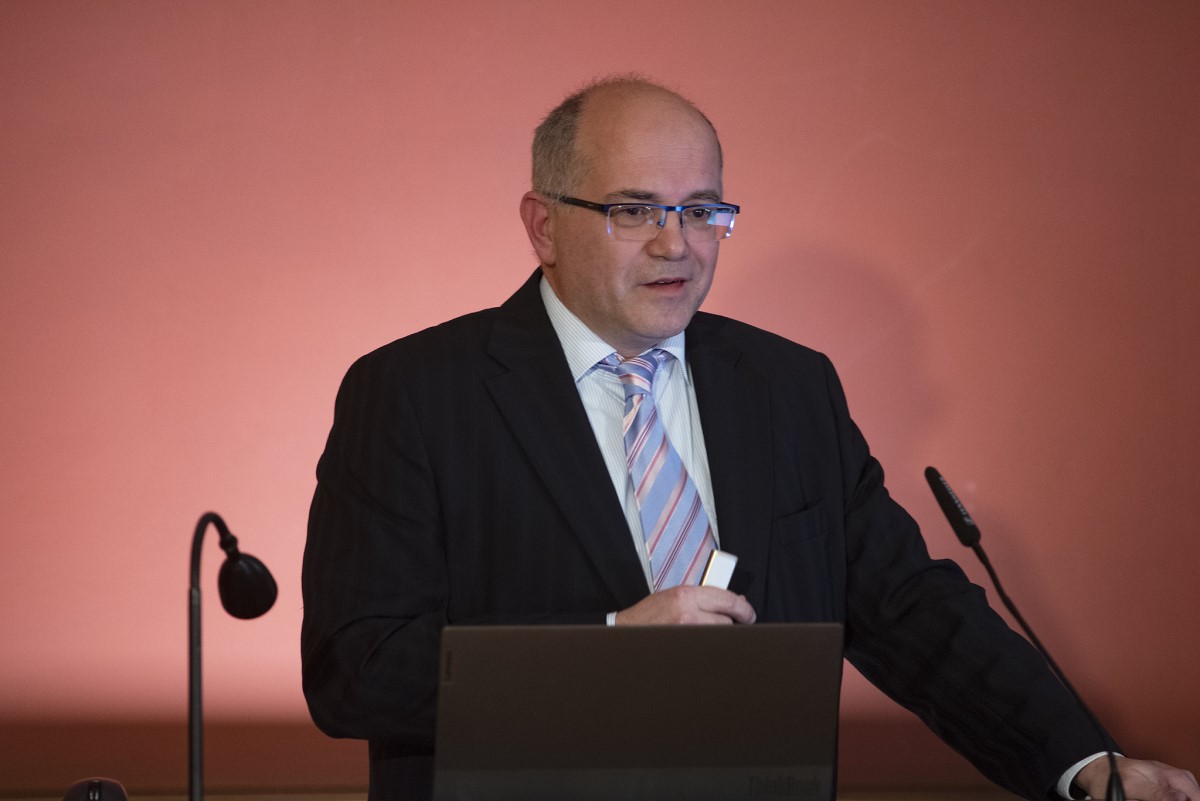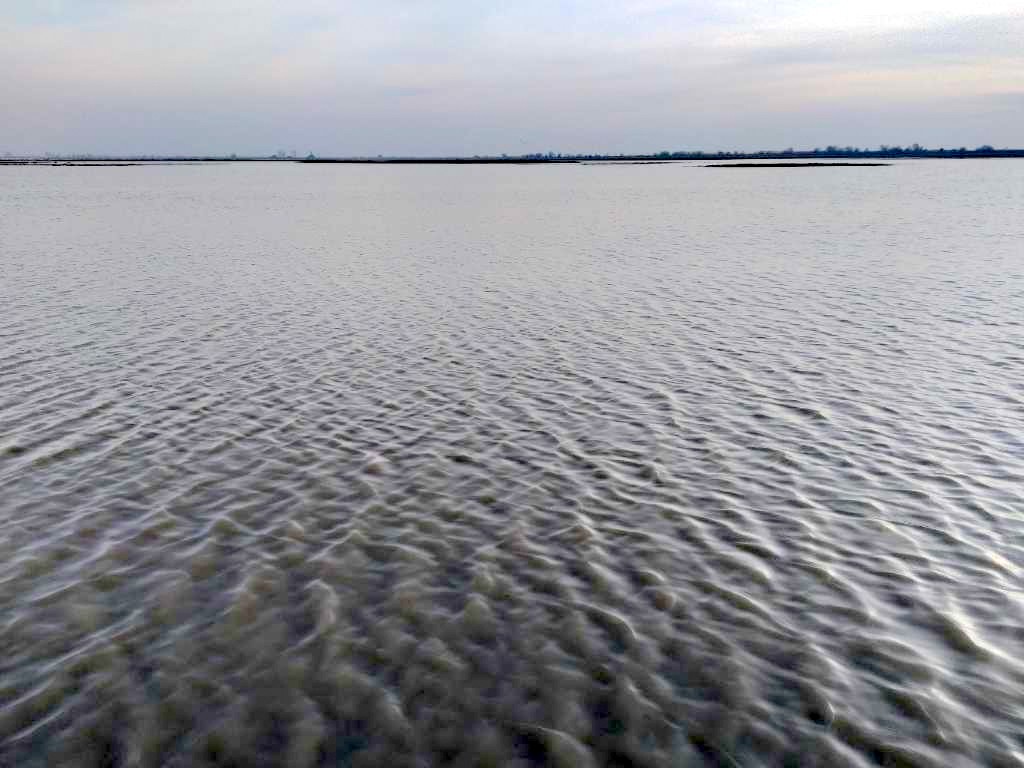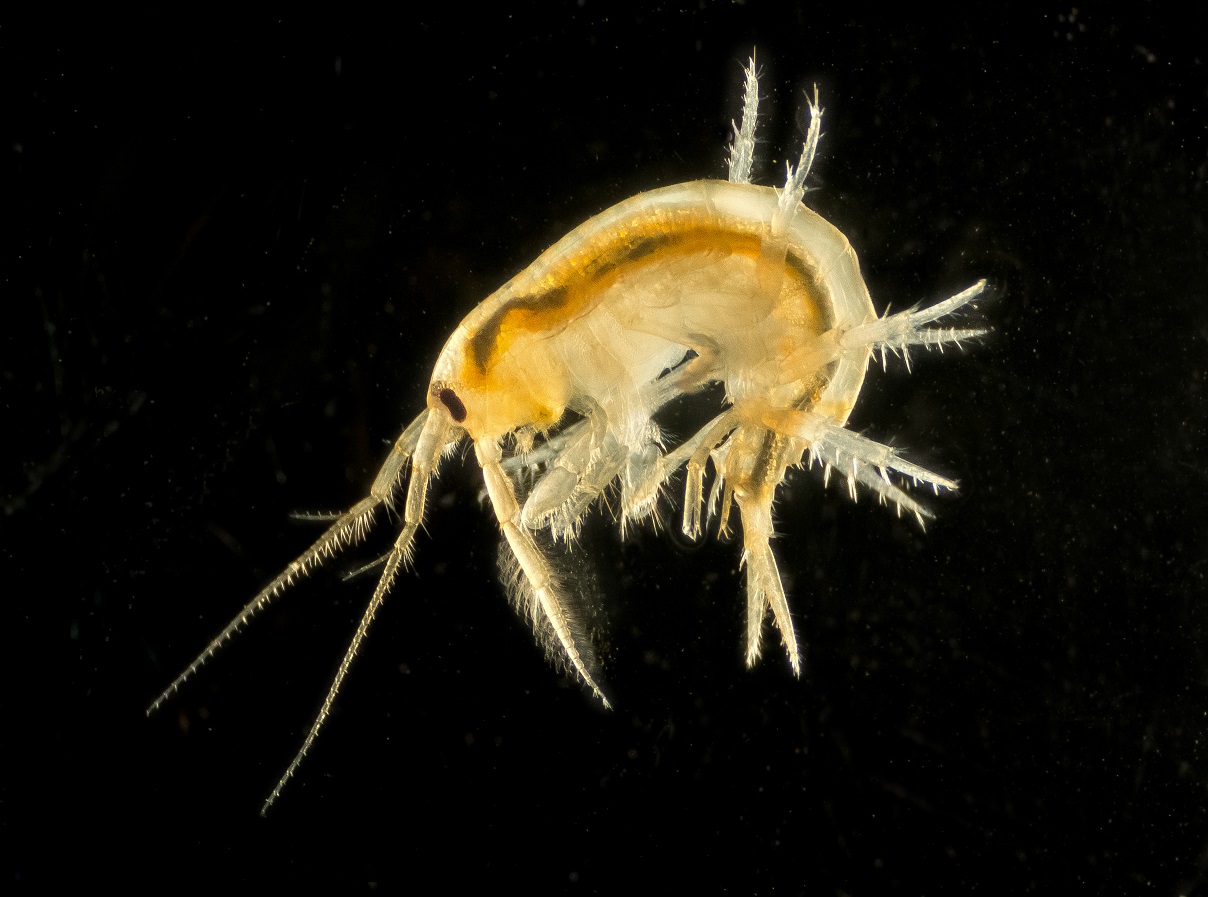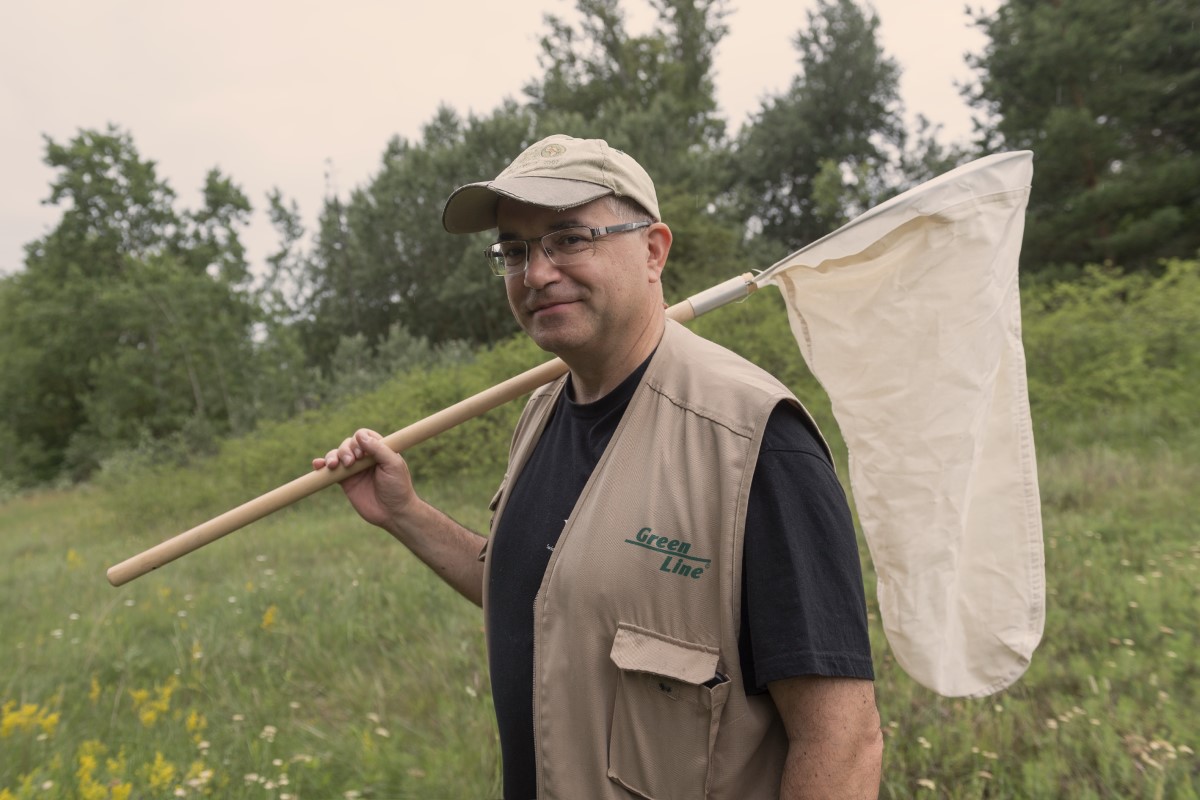
ANDRÁS BÁLDI, Corresponding Member of the Hungarian Academy of Sciences, Research Professor at the Centre for Ecological Research, held his inaugural lecture on 14 February 2023 in the Great Hall of the Hungarian Academy of Sciences.
Title: Biodiversity and ecosystem services: from fieldwork to policy
Biodiversity has declined over the past decades. Recognition and understanding the patterns and processes of ecosystems and thus halting their degradation is essential for human-wellbeing. One of the main reason of biodiversity loss is the transformation of original natural habitats leaving only small isolated patches of remnants in human-dominated landscapes. These patches of habitats are subject to the species-area relationship, one of the few laws of ecology. The proportion of interior and edge habitats is also decreasing. All these are reflected in the presence of species and individuals, but natural patterns and processes can be affected by human interference. Patches of natural habitats are surrounded by human-dominated land, mostly agricultural land which may still have significant biodiversity values. Fundamental questions remain to be answered, such as what is the impact of farming and landscape structure on biodiversity and the ecosystem services? Research results ensure essential information to nature-friendly management practices in order to help effective conservation of biodiversity. The next step towards practice is to integrate research results into policy. This step involves a number of processes and institutions in which researcher’s participation is a key.
András Báldi presented the existence of human influence overriding the species-area relationship, and the positive but species-specific effect of habitat edges on bird abundance and the negative effect of habitat edges on the survival of nestlings. Over many years, the biodiversity of many agricultural habitats has been studied, including plants, grasshoppers and related insects , ground beetles, bugs, cicadas, bees, wasps, birds, and has shown that the species richness of the natural habitat in Hungary is significantly higher than in other intensively farmed countries. To conserve this richness, context-dependent management – e.g. local habitat, landscape, taxon – is required. In their landscape-scale experiments launched in recent years, the most effective management options are investigated by creating wildflower plots and overplanting fallow land, from which both the farmer and biodiversity can benefit. Finally, he outlined how research results can be translated into policy and decision-making and what is the role of researchers in it at international level.
Photo: mta.hu/ Tamás Szigeti





